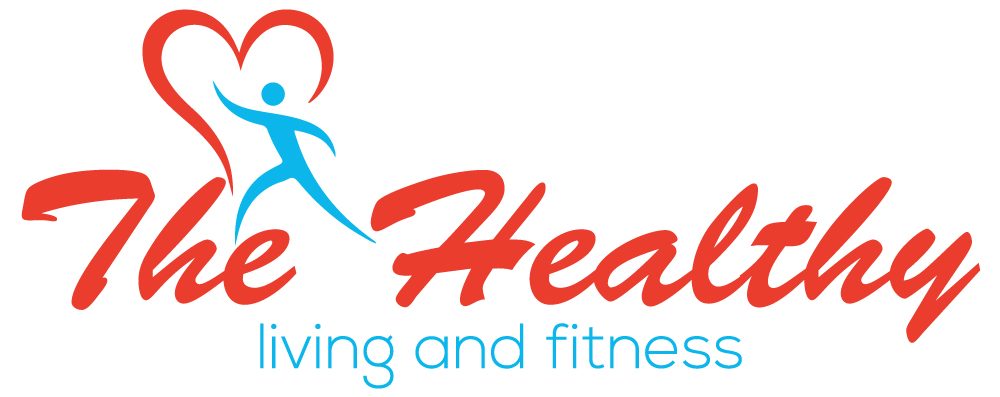For some people, getting a good night’s sleep isn’t as easy as shutting off technology 15 minutes before you decide to hit the hay or taking part in daily meditation. After all, there are a number of medical conditions that can impact a person’s ability to fall asleep, stay asleep or sleep soundly enough to feel well-rested in the morning. Here at The Healthy Living and Fitness, we’re all about healthy sleep and, in this blog, we’ve decided to look at three conditions that can affect sleep quality in greater detail…
Insomnia
Known as an inability to fall asleep or stay asleep, insomnia can prevent people from getting a full nights’ rest which will ultimately affect their ability to function on a day-to-day basis. This is because people with insomnia are more likely to suffer with concentration issues, fatigue, irritability and even weight gain. The problem here lies in the lack of sleep that insomnia causes as the brain and body are therefore unable to rest and recuperate effectively, causing a person to feel chronic fatigue.
Sleep Apnea
If a person’s breathing pauses for a brief moment as they sleep, this may be a sign of a condition known as sleep apnea. As a serious medical condition, a person afflicted with sleep apnea will ultimately take in less oxygen throughout the night and the breathing pauses may also cause them to wake up frequently, preventing a full and complete night’s rest. As such, it is important that sleep apnea is treated promptly by a licensed medical professional.
Restless Leg Syndrome
An overwhelming need to move the legs is a symptom of a condition known as Restless Leg Syndrome (RLS) and this is often more prominent at night when the body is trying to relax. The sensation may also be accompanied by a tingling feeling that can be difficult to ignore. As a result, those afflicted with RLS may find it difficult to fall asleep and may also be woken up during the night which can cause disruptions that make it hard to feel rested in the morning.
It is important to remember that medical conditions such as these need to be closely monitored by a doctor as there is only so much you can do to reduce the impact that they have on your quality of sleep. Sleep Apnea in particular can be particularly dangerous if it is not treated sooner rather than later. With this said, trying to maintain a healthy sleep schedule and allowing your body to rest and recuperate for 6 to 9 hours can make a significant difference to those with sleep-related medical conditions too.
